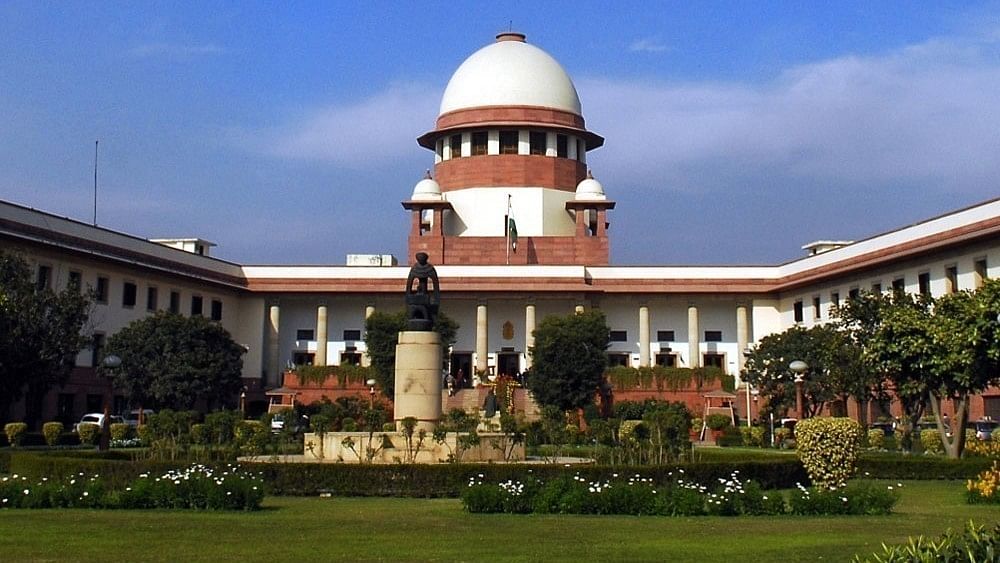
The Supreme Court of India.
Credit: PTI Photo
New Delhi: The Supreme Court has said compulsory retirement is another form of terminating the service of an employee and is a well-accepted method of removing dead wood from the cadre without affecting his entitlement for retirement benefits, if otherwise payable.
"Ordinarily, compulsory retirement is not considered a punishment. But if the service rules permit it to be imposed by way of a punishment, subject to an enquiry, so be it," a bench of Chief Justice of India D Y Chandrachud and Justices J B Pardiwala and Manoj Misra said.
The top court on Wednesday upheld validity of punishment of compulsory retirement prescribed by Rule 27 under the Central Reserve Police Force Act.
"To keep the Force efficient, weeding out undesirable elements therefrom is essential and is a facet of control over the Force, which the central government has over the Force by virtue of Section 8 of the CRPF Act. Thus, to ensure effective control over the Force, if rules are framed, in exercise of general rule-making power, prescribing the punishment of compulsory retirement, the same cannot be said to be ultra vires Section 11 of the CRPF Act," the bench said.
The court allowed an appeal by the Union government against the Orissa High Court's single as well as division bench judgements against the order of compulsory retirement made against Head Constable Santosh Kumar Tiwari for assaulting his colleague in 2005.
Tiwari contended such a punishment, not contemplated under the statute, cannot be introduced by way of a rule.
The bench, however, said the central government, here, is not only empowered to make rules for regulating the award of minor punishment under Section 11 of the CFPR Act but also to carry out the purposes of the Act which includes superintendence of, and control over, the force as well as its administration.
"While enacting the CRPF Act the legislative intent was not to declare that only those minor punishments could be imposed as are specified in Section 11 of the CRPF Act. Rather, it was left open for the central government to frame rules to carry out the purposes of the Act and the punishments," the bench said.
The court also found no good reason to interfere with the punishment awarded to Tiwari.
"The punishment awarded is also not shockingly disproportionate to the proven misconduct. Rather, considering his past service, already a sympathetic view has been taken in the matter and no further latitude need be shown to the respondent who was part of a disciplined force and has been found guilty of assaulting his colleague," the court said.
